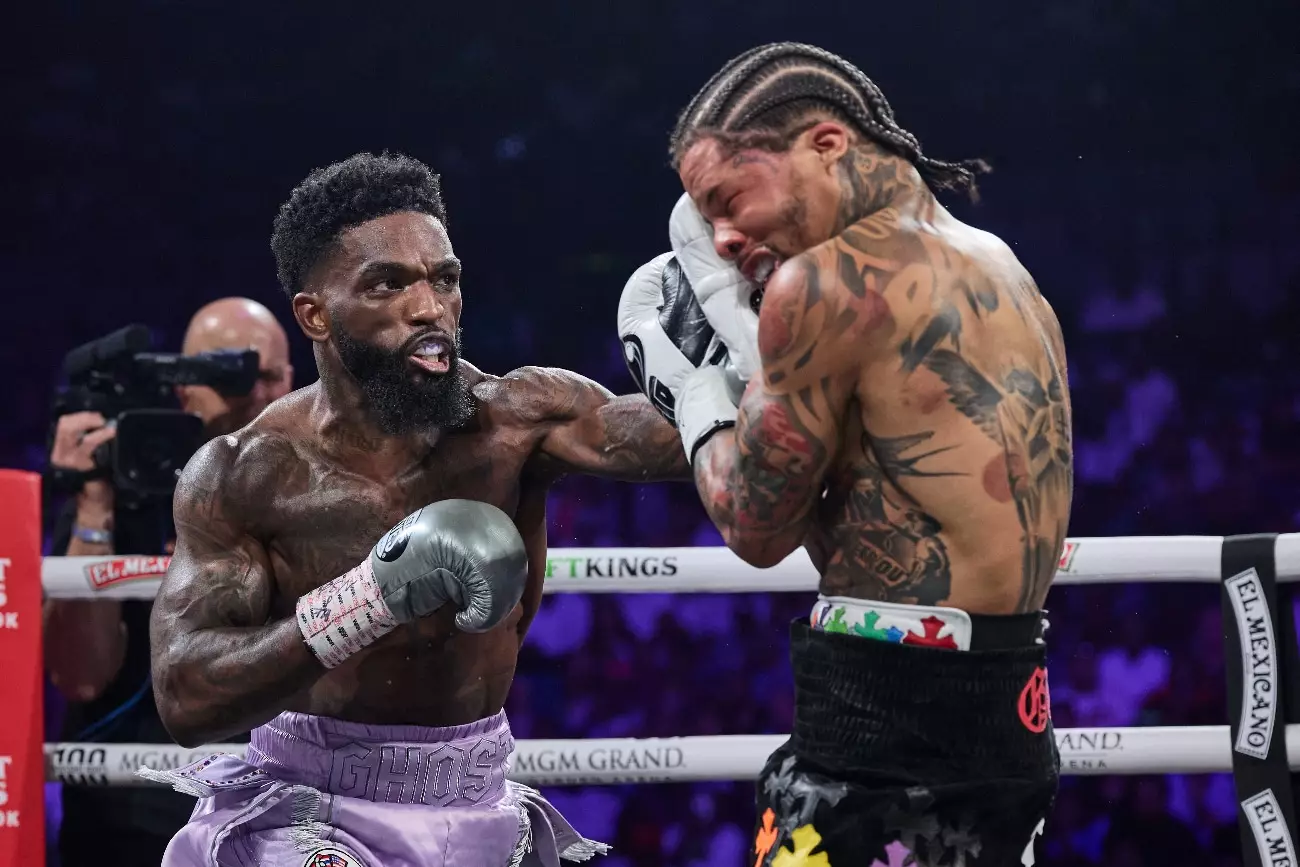The world of boxing, revered for its rich history of legendary bouts and fierce rivalries, now finds itself grappling with a recurring theme: the reluctance of fighters to take on formidable opponents. Paulie Malignaggi, a former champion turned commentator, has been vocal in criticizing Gervonta “Tank” Davis for his career choices, particularly his tendency to face less challenging opponents while evading dangerous matchups. This article takes a closer look at this ongoing debate, the implications for the sport, and the responsibilities of fighters in today’s boxing landscape.
At the heart of Malignaggi’s critique is the assertion that Gervonta Davis has been selective in his opponents. With a record of 30-0 and a staggering 28 knockouts, Davis has undoubtedly earned a reputation; however, his choice of competition raises eyebrows. For instance, he notably showed little interest in facing Vasily Lomachenko during the latter’s prime. Years later, after Lomachenko has aged significantly, Davis’s sudden willingness to engage is viewed by many as nothing more than opportunistic.
This sentiment highlights a larger trend within boxing, where the notion of “taking the easy route” seems increasingly appealing to fighters and their promoters alike. It begs the question: what does it truly mean to be a champion? The answer appears to have shifted from facing the best opposition to avoiding potential pitfalls—a clear deviation from the traditional code of the sport.
Malignaggi’s assertions touch on a crucial issue: the necessity for greater accountability within boxing. The sport’s governing bodies and promotional networks play a significant role in dictating matchups. While the lack of uniform standards for fighters often leaves fans frustrated, it also permits promoters to craft narratives around boxers that may not align with their true capabilities. This practice leads to a generation of “manufactured” stars, individuals who can boast impressive records while avoiding true challenges.
The contrast between Davis and his contemporaries, particularly Eastern European fighters who frequently take on high-risk bouts, underscores this discrepancy. Fighters like Israil Madrimov, who are willing to face tough opponents, not only serve their development as athletes but also contribute to the vibrancy of the sport. Malignaggi emphasizes that had Davis been more willing to embrace risks earlier in his career, his acclaim might have been forged in more legitimate battles, rather than orchestrated ones.
Choosing easier fights has broader implications on the sport as a whole, fostering an environment that aligns more with entertainment than true competition. This distinction is vital; while boxing remains a highly entertaining spectacle, the essence of the sport lies in its competitive spirit. When fighters opt for less challenging battles, they not only rob themselves of growth opportunities but also diminish the credibility of their achievements.
Davis’s upcoming bout against Lamont Roach, who steps up from a lower weight class to contest Davis’s WBA lightweight title, epitomizes this controversy. By selecting a fighter who has only recently claimed a title himself, critics argue that Davis is not only avoiding a higher caliber of competition but also sending a message to fans that he prioritizes safety over legacy.
Malignaggi concludes with a rallying cry for a cultural shift within boxing. He suggests a collective effort from fans, promoters, and fighters is needed to cultivate an atmosphere where the best are compelled to face one another. Drawing an analogy to more structured sports like the NFL and NBA, he highlights the potential benefits of having established protocols that push athletes toward high-stakes matches.
In doing so, boxing can reclaim its narrative of showcasing the finest athletes pushing the limits of their abilities, rather than perpetuating a cycle where selective matchups and safe options reign supreme. Until there’s a significant change, the fight for integrity in boxing will continue, with fans, pundits, and advocates like Malignaggi at the forefront, demanding more from champions like Gervonta Davis. The question remains: will the sport heed the call? Only time will tell.

